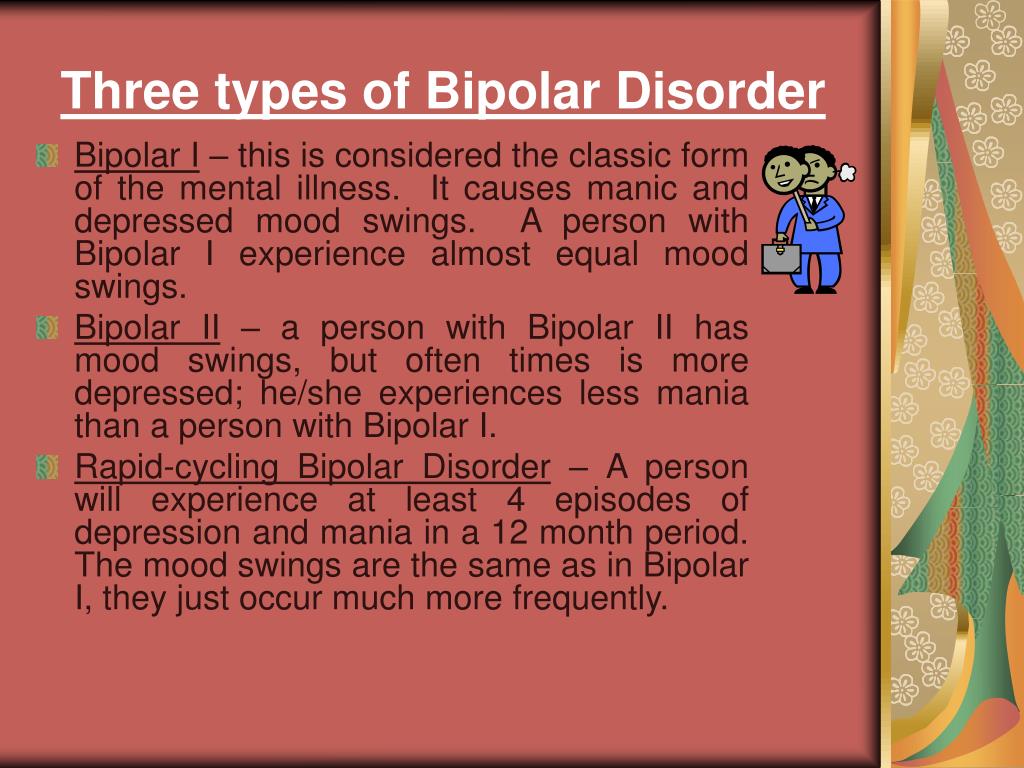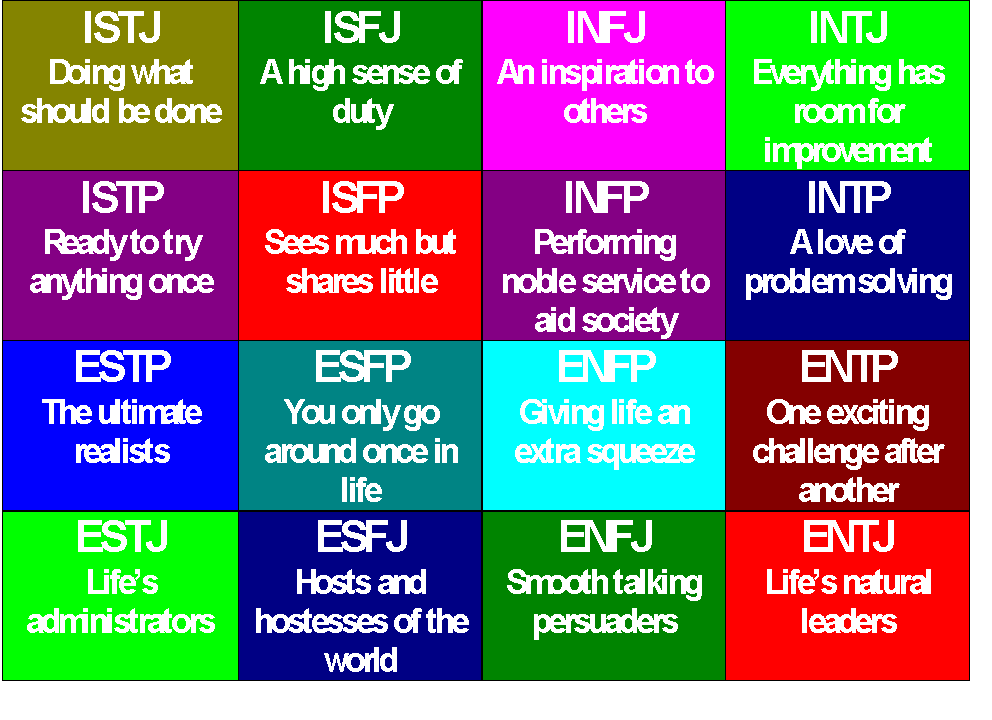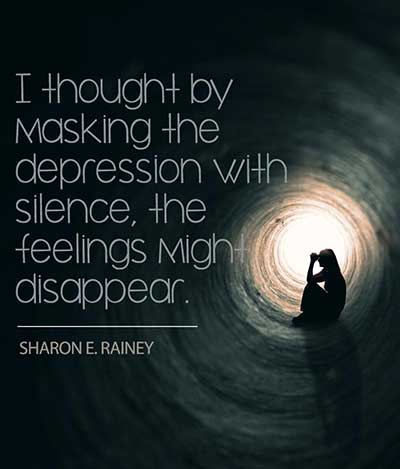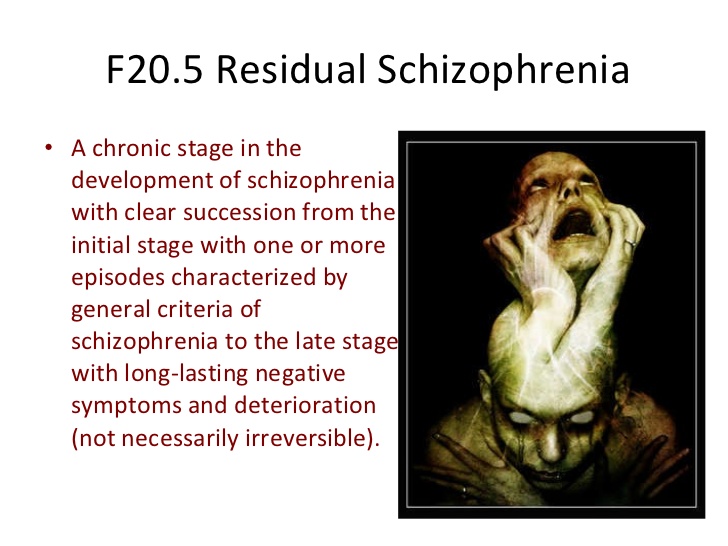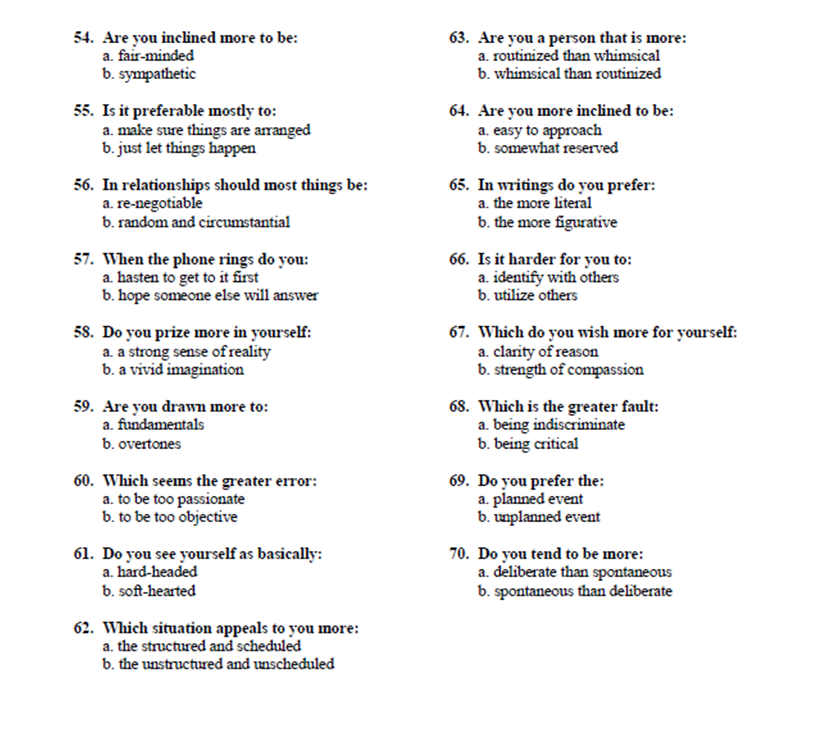How to minimize mood swings in bipolar disorder
Bipolar Disorder Mood Swings: Triggers & Coping Strategies
An estimated 2.3 million Americans struggle with bipolar disorder every year. This significant condition is hard to manage and can make it difficult to function.
To help family members or friends with bipolar disorder mood swings, it’s essential that you know how to recognize these episodes, how they’re triggered, and ways to cope with them.
What is Bipolar Disorder?
Bipolar disorder, also known as manic depression, is a mental health condition that causes mood swings that make it difficult for a person to function on a day-to-day basis. It tends to show through an individual’s emotions with either manic or depressive behavior. These feelings can change quickly, reverting back and forth within a short period of time.
During a manic episode, someone may make irrational decisions and feel overly excited. They tend to have high levels of energy and elation, which could even lead to delusional ideas and poor choices.
Alternatively, someone with bipolar disorder mood swings could then feel depressed and overwhelmed. This brings on heavy sadness, a lack of interest in daily activities, and misery.
There are three types of bipolar disorder, which include Bipolar I Disorder, Bipolar II Disorder, and Cyclothymic Disorder. Professionals generally diagnose people with these conditions during their 20s and have found that these disorders are either genetic or based on brain structure.
What’s the difference between mood swings vs. bipolar disorder?
The main contrasts between mood swings and bipolar disorders are typically related to the intensity of emotions and how long they last.
Mood swings can come on suddenly but aren’t extreme and don’t usually last for long periods of time. They’re also less frequent and can be controlled by the individual. A person may be happy at one point but could quickly shift to frustration, irritability, or anger after something happens to them.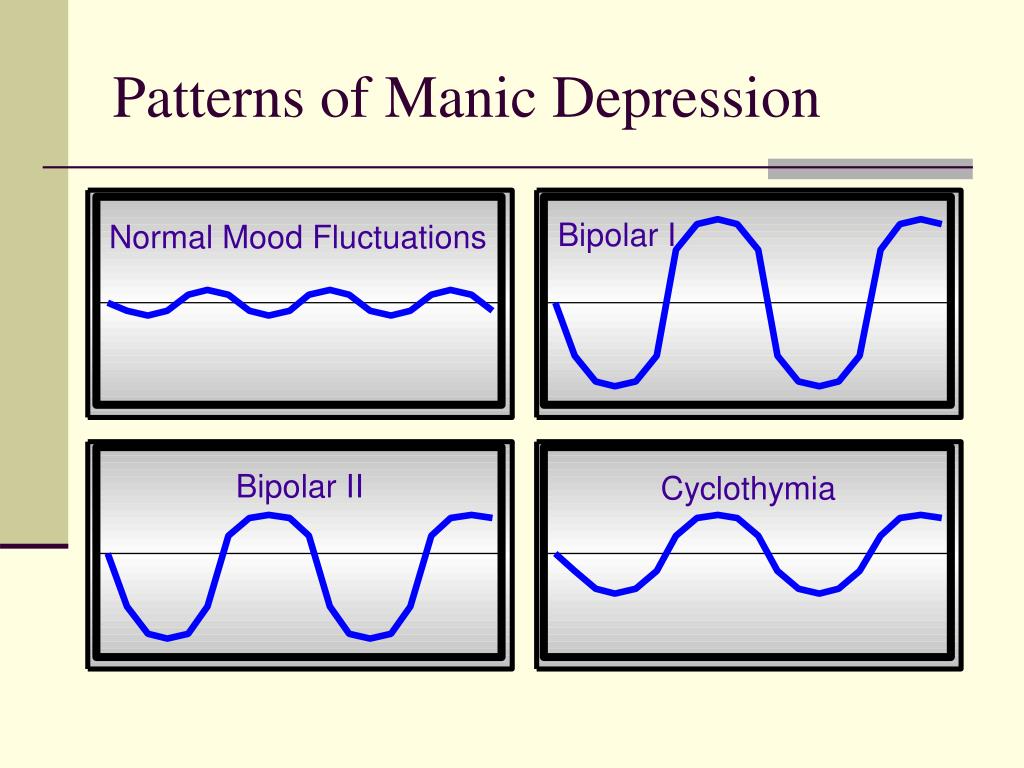
On the other hand, bipolar disorder daily mood swings are much more intense and can be much more difficult for a person to control. Their mood can change in an instant, and they won’t be able to calm down or find comfort for much longer time periods. These emotions can be either major excitement followed by intense anger or depression.
When someone has a manic episode caused by bipolar disorder, they may feel so elated and excited that they can’t control their body. They could begin speaking very quickly and won’t be able to focus on one topic of conversation. Additional signs could include impulsive decisions, getting distracted easily, trouble concentrating, or a high sex drive.
Once a person with bipolar disorder switches to a depressive episode, their feelings shift to significant sadness and low self-esteem. They’ll quickly lose interest in basic aspects of their life, such as friends, family, or hobbies. It may also cause them to feel lethargic or exhausted throughout the day.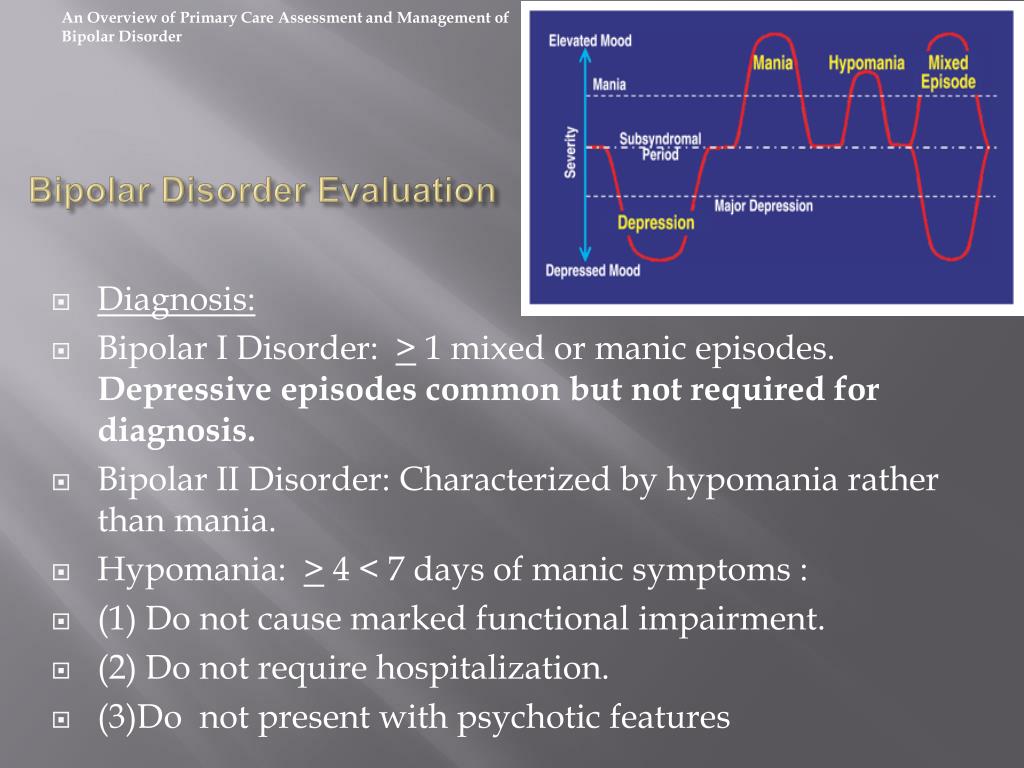
What triggers bipolar mood swings?
There are quite a few things to be aware of when it comes to bipolar mood swing triggers. The first thing everyone should know is that it may not take a lot for a person with this condition to react in either a positive or negative way. But there are also catalysts that could lead to more significant mood swings.
One of the biggest factors that could have a negative effect on bipolar disorder is poor sleep. When someone isn’t getting enough rest at night, they’ll be more prone to depressive symptoms throughout the day.
The heavy emotions that are involved with family members and friends could also be a factor contributing to bipolar disorder mood swings. Whether it is a recent death of a loved one, a failed marriage, or a major argument with a significant other, these situations can lead to intense feelings.
Occurrences of bipolar disorder and anger mood swings may also be triggered by:
- Alcohol use
- Drug use
- Antidepressants and other meds
- Seasonal depression
- Postpartum depression
- Financial troubles
How to minimize mood swings in bipolar disorder
There are a handful of ways that friends and family members can help their loved ones avoid and cope with mood swings caused by bipolar disorder.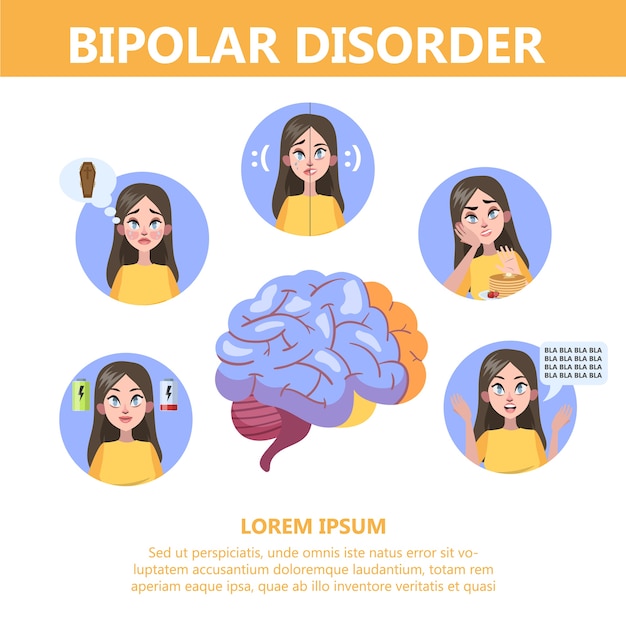 Some of the best strategies you can try:
Some of the best strategies you can try:
- Avoid caffeine
- Limit or prevent alcohol use
- Minimize stress
- Follow a daily routine
- Exercise multiple times a week
- Get enough sleep at night
Aside from these basic tasks, it is also important for people who have bipolar disorder to get professional care and treatment.
Let Bakersfield Behavioral Healthcare Hospital Help
The team here at Bakersfield Behavioral Healthcare Hospital is trained to assist people who struggle with bipolar disorder mood swings. Whether your loved one is interested in an inpatient or outpatient program, there are treatment services available to them.
Please get in touch with us today if you or a loved one needs help and support.
Please visit our YouTube Channel for additional mental health resources.
Coping With Bipolar Mood Swings - Bipolar Disorder Center
Bipolar disorder is characterized by extreme mood swings from mania to depression. The pattern of highs and lows varies for each person: For some people, episodes of mania or depression can last for weeks or months, while for others, mood swings are shorter and more frequent. Coping with bipolar disorder — and the mood swings it brings — can be difficult. But understanding what causes mood swings can be the first step in coping with the ups and downs of bipolar disorder.
The pattern of highs and lows varies for each person: For some people, episodes of mania or depression can last for weeks or months, while for others, mood swings are shorter and more frequent. Coping with bipolar disorder — and the mood swings it brings — can be difficult. But understanding what causes mood swings can be the first step in coping with the ups and downs of bipolar disorder.
Bipolar Mood Swings: Causes and Triggers
Bipolar disorder is thought to be caused by a chemical imbalance that alters a person's moods. This imbalance may be linked to irregular hormone production or a problem with chemicals in the brain called neurotransmitters that act as messengers to nerve cells. Because bipolar disorder tends to run in families, genetics are also thought to play a role; in fact, researchers believe that the chemical changes leading to the disorder result from a combination of genes and environmental influences. Some brain scans have revealed actual physical changes in the brains of people with bipolar disorder.
The best way to prevent mood swings is to get treatment for bipolar disorder. But it's also possible to reduce the frequency and intensity of mood swings by being aware of situations or events that can trigger them.
"A number of triggers can set off or worsen bipolar episodes," says Michael First, MD, a professor of clinical psychiatry at Columbia University and attending psychiatrist at NewYork-Presbyterian Hospital. The most common triggers for bipolar mood swings are:
- Stress from major life events, both positive and negative
- Lack of sleep
- Erratic schedules
- Caffeine and alcohol
- Certain medications, such as antidepressants and corticosteroids
- Seasonal changes (for example, winter can worsen depression, while summer can increase the risk of mania)
- Stopping bipolar meds or varying the treatment schedule
- Thyroid problems
- Substance abuse
Mood Swings: Coping Strategies
While some triggers — like seasonal changes or a stressful event — may be impossible to avoid, lifestyle changes and mood-management strategies can make a big difference. Try the following suggestions from experts for managing and coping with mood swings.
Try the following suggestions from experts for managing and coping with mood swings.
- Control stress. Stress is a major bipolar trigger. Do what you can to simplify your life and relieve stress in your work and personal life. See if your spouse, family members, and friends can help with household responsibilities. "If you have a job that requires crazy hours and lots of travel, you may want to switch to a less-stressful job," suggests Dr. First. Stress-management techniques, such as meditation, visualization, and yoga, can also help.
- Keep a regular schedule. Stick to a routine to help control mood swings. "Bipolar people don't do well with lots of changes," says First. Have meals, do errands, exercise, and go to bed about the same time every day.
- Practice healthy sleep habits. Being overtired can trigger mania in some bipolar people. Relax before bed by listening to soothing music, reading, or taking a warm bath.
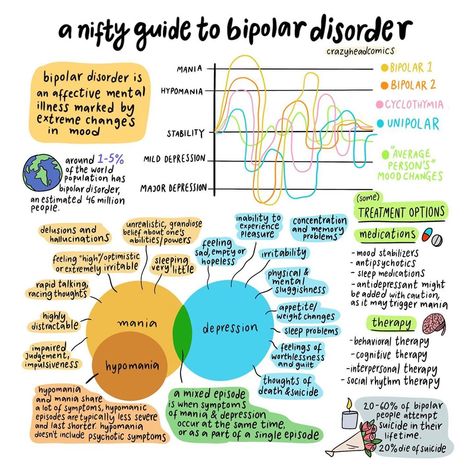 Experts also recommend that you make your bedroom a calming place and use it only for sleep and sex. Be disciplined about your sleep habits. "It's common for people with bipolar disorder to stay up late watching movies, playing video games, or surfing the Internet, which can make mood swings worse," says Carrie Bearden, PhD, a bipolar-disorder expert and associate professor of psychology and behavioral sciences at UCLA.
Experts also recommend that you make your bedroom a calming place and use it only for sleep and sex. Be disciplined about your sleep habits. "It's common for people with bipolar disorder to stay up late watching movies, playing video games, or surfing the Internet, which can make mood swings worse," says Carrie Bearden, PhD, a bipolar-disorder expert and associate professor of psychology and behavioral sciences at UCLA. - Get moving. Studies show that regular exercise can help improve mood. Start slowly by taking a walk around the neighborhood. Gradually work up to exercising on most days of the week.
- Avoid caffeine, alcohol, and drugs. Caffeine is a stimulant, which can keep you up at night and exacerbate manic episodes. Cut back on coffee and soda, especially at night. Alcohol and drugs can affect how your medications work and possibly trigger a mood episode.
- Write it down. Keep a journal that makes note of big events, stresses, how much sleep you're getting, and what you're eating and drinking.
 Over time, you may see patterns emerging. By knowing what your triggers are, you may be able to prepare for times when you might be most vulnerable to mood swings.
Over time, you may see patterns emerging. By knowing what your triggers are, you may be able to prepare for times when you might be most vulnerable to mood swings.
While these lifestyle changes and coping strategies can help manage mood swings, they won't make bipolar disorder magically disappear. However, knowing what your triggers are and taking steps to manage them can help prevent a minor mood swing from becoming a serious problem.
7 rules for a fulfilling life with bipolar disorder
June 18, 2020LifeColumn
Daily routine, proper nutrition and mindfulness will help to cope with mood swings.
Share
0Masha Pushkina
Founder of the Bipolar Association, author of the books Bipolar People: How Bipolar People Live and Dream About and Bipolar Disorder: A Survival Guide.
For three years I have been leading a community that brings together people with mood disorders and their loved ones. These are very different personalities - from schoolchildren to company leaders, but they all have a common problem: sharp and often unpredictable swings of emotions that affect all areas of life. Many understand that medication and psychotherapy can help curb mood swings. But not everyone is ready to admit that the results of treatment largely depend on themselves - their daily activities and lifestyle. Bad habits can trigger disease attacks and slow down treatment, while good habits help maintain balance.
Many understand that medication and psychotherapy can help curb mood swings. But not everyone is ready to admit that the results of treatment largely depend on themselves - their daily activities and lifestyle. Bad habits can trigger disease attacks and slow down treatment, while good habits help maintain balance.
1. More order, less chaos
I know very well how hard it is for a creative person to keep within limits. After all, you really want to ride on a wave of mood: either hang out all night long or work 20 hours in a row on an interesting project, or spend weeks watching TV shows without leaving your room. But a chaotic lifestyle is exactly what shatters an already unstable psyche.
The more order in the life of a bipolar person, the smoother his mood. In addition, if you are used to a certain regime, it will be much easier for you to maintain it even in depression - automatically, without gigantic volitional efforts.
The most important components of the daily routine:
- Quality sleep.
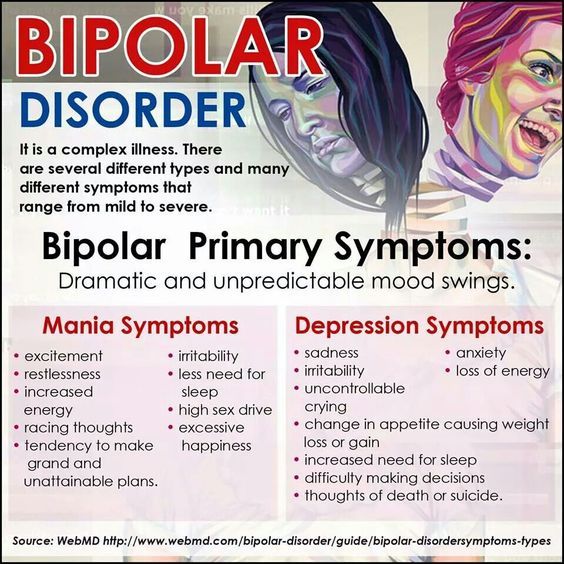 At least 8 hours per night, at the same time. During periods of depression, it is normal to sleep more, but for a couple of hours, not twice.
At least 8 hours per night, at the same time. During periods of depression, it is normal to sleep more, but for a couple of hours, not twice. - Stable operation. Even if you are a freelancer, try to work around the same time and the same number of hours in a row. Night shifts, and even more so their alternation with day shifts, are categorically contraindicated.
- No gadgets or activity before bed. The bipolar brain can be very difficult to calm down, thoughts are spinning in it without stopping. To fall asleep normally, you need to exclude external stimulation an hour or two before bedtime. A common culprit for insomnia is gadgets with bright screens.
- Regular walks or outdoor exercise. Even if you have to literally force yourself to get out of the house, the sun and fresh air improve your mood - it's a fact!
2. The support of loved ones saves
When you either shock others with crazy ideas, or lie low, turning off your phone, it's easy to lose friends. But the support of understanding loved ones is what can save you at the most difficult moment.
But the support of understanding loved ones is what can save you at the most difficult moment.
First, it is an outsider's perspective: if a friend knows you well, he will notice suspicious changes and advise you to take action. Secondly, when you are understood and supported, it is easier to get through difficult times.
It is very important that during the days of deterioration there is a person who is aware of what is happening and does not blame you for it. Discuss with your loved one in advance what measures he can take if he notices something is amiss. And don't forget to thank him when you feel better.
If your relatives do not recognize and do not understand your problems, look for support elsewhere. For example, in support groups that exist both in real life and online.
3. Mindfulness is important
Many associate mindfulness with yoga and Buddhist practices. But this is a universal skill, very useful for people who are constantly captured by a storm of emotions. It is needed to notice changes in mood in time, track what could have caused them, and separate emotions from facts.
It is needed to notice changes in mood in time, track what could have caused them, and separate emotions from facts.
One popular technique is to keep a mood chart. Every day, you rate your mood on a 10-point scale, enter information about medications and triggers (that is, events that provoke deterioration in you).
There are many smartphone apps for developing mindfulness and other self-control skills. I can recommend Brain.fm, Daylio, Mood Tracker, Woebot, DBT.
appbox fallback https://play.google.com/store/apps/details?id=com.woebot&hl=ru&gl=ru
Appbox Fallback https://apps.apple.com/en/App/1305375832
Download
Price: Free
Download
Price: Free
Price: Free Free
4. Less stress
Severe stress is one of the main enemies. The psyche of a person with bipolar disorder is much less resistant to excessive stress.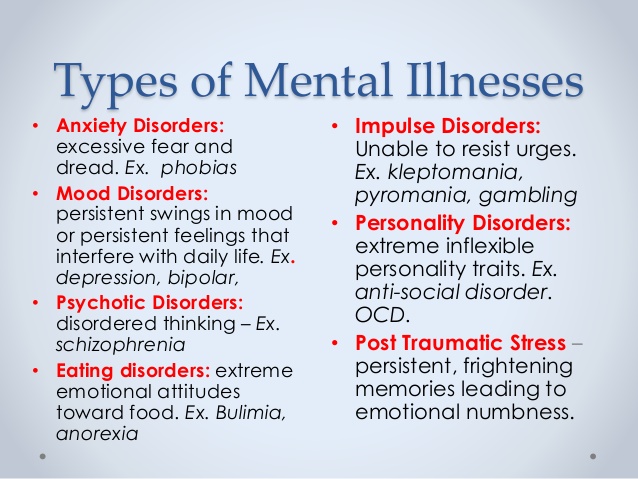 Stress can trigger another mania or depression. Just take it for granted and do not demand great feats from yourself. It is possible that trials and “coming out of the comfort zone” really harden someone, but this is definitely not about people with mood swings.
Stress can trigger another mania or depression. Just take it for granted and do not demand great feats from yourself. It is possible that trials and “coming out of the comfort zone” really harden someone, but this is definitely not about people with mood swings.
But that doesn't mean that you don't need to work on your stress resistance: it can be increased within reasonable limits if you take a feasible load and give yourself time to rest and recover as soon as you feel worse.
The key principle here is self-care. It is especially important during depressive periods, when energy is at zero and any little thing can bring you to tears. The best thing to do at a time like this is to take a break and relax, reducing things to the bare minimum. This is much better than heroically dragging them to a nervous breakdown.
In hypomania, it is important to be careful not to pile on projects that will simply crush you with their weight as soon as the wave of euphoria subsides.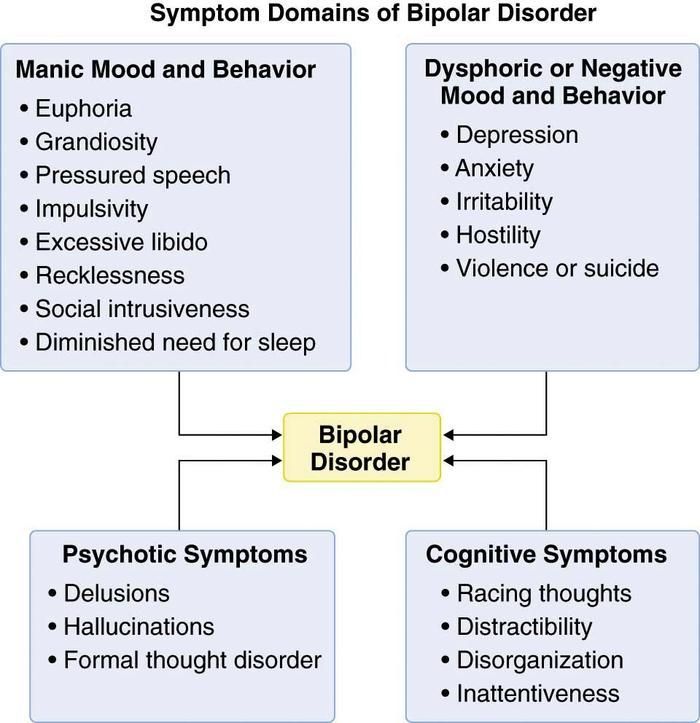
5. Wholesome meals on schedule
Rapid fluctuations in blood sugar contribute to mood swings.
So it is important to eat a normal lunch on time, and not snack on sweets and fatty fast food on the go.
In addition, it is common for people with bipolar disorder and depression to eat mountains of goodies when they are in a bad mood, or to eat at night when they cannot sleep. Over the years, this habit leads to very unpleasant consequences, from excess weight to diabetes.
When taking medicines, you need to be especially attentive to the diet, because many of them increase appetite.
In addition to the quantity of food, its quality is also important. The Mediterranean diet is considered the most useful for nourishing the brain - more greens, fish and fruits, and less starchy, sweet and fatty. And if you do not live by the sea, nutritional supplements - omega-3 acids - can replace the lack of fish.
6. Exercise for the mind
Mental abilities are much less affected in bipolar disorder than in other mental illnesses.![]() But people who are prone to prolonged depression almost always complain of a deterioration in attention, memory, and logical thinking.
But people who are prone to prolonged depression almost always complain of a deterioration in attention, memory, and logical thinking.
During mood swings, the brain works "with a scratch". I want to “stupid” all day and flip through social networks. But in order not to become irrevocably stupid, it is necessary to regularly give yourself mental tasks, even small ones.
Remember the expression "cognitive rehabilitation" - this is a specially designed training of cognitive functions. And to put it in very simple words, exercises that help restore and maintain mental abilities at a good level.
Here, for example, is one of the popular programs.
Download
Price: Free
Download
Price: Free
7. No drugs
Bipolar disorder is probably the only disease that can be enjoyed, albeit with health risks. After all, the bipolar brain often captures a feeling of euphoria without any external reasons.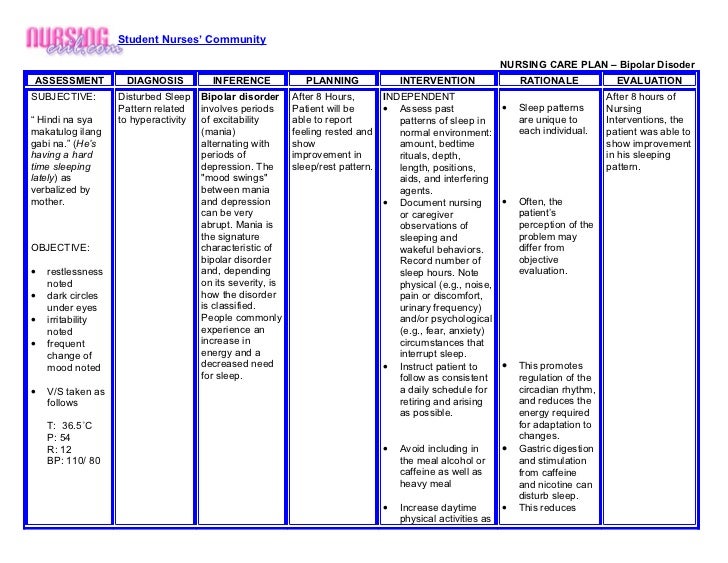 But this means that additional doping (strong alcohol, a lot of cigarettes in a row, all kinds of prohibited substances) is doubly dangerous. From it can literally "break the roof": in people with a tendency to manic episodes, stimulant substances can cause a real psychosis. It can manifest itself in the form of hallucinations, panic attacks, memory lapses, suicidal thoughts, aggression, and a host of other unpleasant things. In addition, people with mood disorders are many times more prone to harmful addictions than healthy people.
But this means that additional doping (strong alcohol, a lot of cigarettes in a row, all kinds of prohibited substances) is doubly dangerous. From it can literally "break the roof": in people with a tendency to manic episodes, stimulant substances can cause a real psychosis. It can manifest itself in the form of hallucinations, panic attacks, memory lapses, suicidal thoughts, aggression, and a host of other unpleasant things. In addition, people with mood disorders are many times more prone to harmful addictions than healthy people.
It is important to remember that psychotropic substances are incompatible with drug treatment, their combination can be very dangerous.
Read also 🧐
- 14 Early Symptoms of Bipolar Disorder You Shouldn't Ignore
- How to Recognize Alcoholism, Depression and Other Mental Disorders
- 12 Signs of Anxiety Disorder
Rules to Follow for Bipolar Disorder
, but you can improve your quality of life and better control your symptoms if you lead a healthy lifestyle.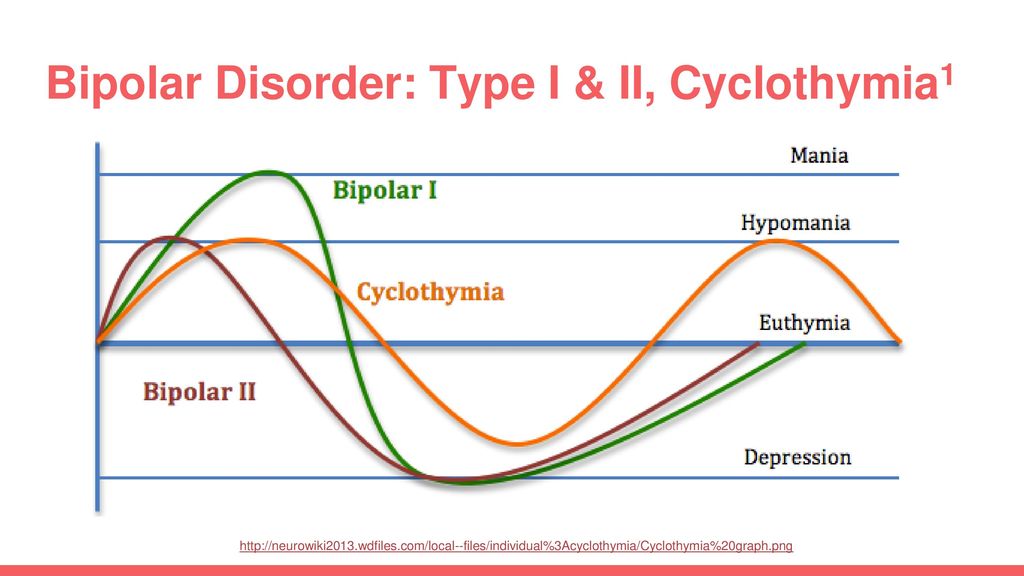 The recommendations given here can become habits after some time, and a healthy life is built on healthy habits.
The recommendations given here can become habits after some time, and a healthy life is built on healthy habits.
When you were first diagnosed with bipolar disorder or depression, you most likely felt powerless and scared. In this article, we will talk about how to empower yourself and live more actively. Regular meetings with your healthcare provider, in addition to the suggestions outlined here, will help your recovery.
This article was developed from a survey of members of the Depression and Bipolar Support Alliance, people who live with mood disorders like you. It contains recommendations on the most important aspects of a healthy lifestyle. Use the checklist at the end of this article to periodically evaluate your lifestyle.
Stress reduction
Stress can cause or worsen symptoms of mania or depression. It's important to figure out what's causing your stress, how to identify and manage stressors, and how to minimize your daily stress levels. Stress can be caused by many factors, both external and internal, some of which you may not even be aware of. Repetitive or persistent stress can lead to tension, chronic pain, anxiety, and apathy. With the right treatment and therapy, you can learn to anticipate and manage stress, and with the right support, you can learn to avoid stressful situations.
Repetitive or persistent stress can lead to tension, chronic pain, anxiety, and apathy. With the right treatment and therapy, you can learn to anticipate and manage stress, and with the right support, you can learn to avoid stressful situations.
Recognizing and eliminating the causes of stress
Learn to recognize the causes of stress. It can be unpleasant people, financial problems, noise, lack of time. Periodically check your daily activities for triggers you may not have been aware of. You can discuss stressors with your doctor or therapist.
Keeping a daily diary of what you did when you felt stressed can be very helpful. For many, the mood chart has become a great help. Specialists have developed a personal calendar to track symptoms of mania and depression, mood swings and medications taken.
Where possible, develop ways to manage stress. If a stressful situation is unavoidable, choose a moment to deal with it when you are most calm.
Make a list of your ways of dealing with stress, such as consulting a trusted friend before dealing with a difficult issue, being alone, taking a break during the day for a short rest or meditation.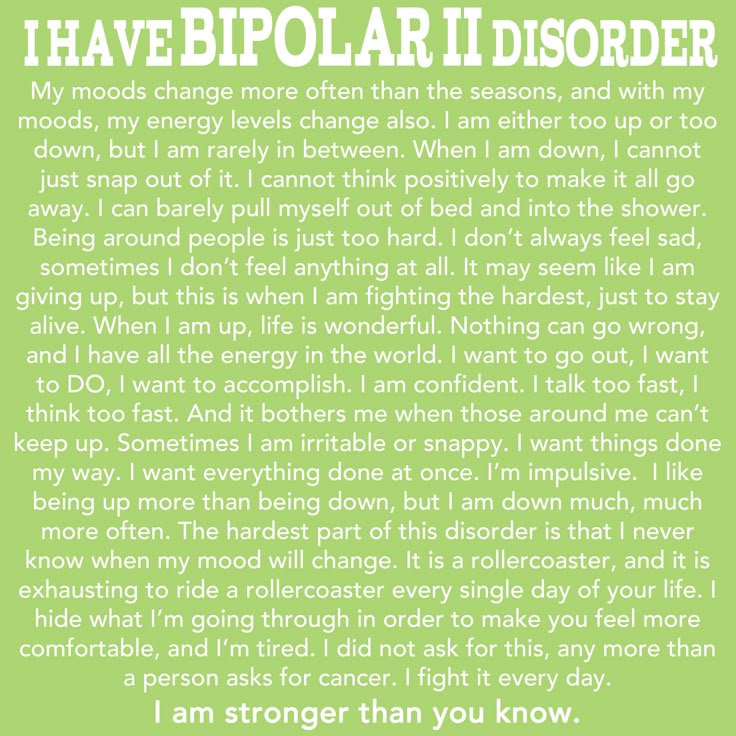 Canceling or postponing a stressful meeting when you're not feeling well is a legitimate way to take care of yourself.
Canceling or postponing a stressful meeting when you're not feeling well is a legitimate way to take care of yourself.
Communication
Try to find a “supportive friend” (perhaps someone in your online group) and take the time to talk about problems, offer advice and support. When something is bothering you, tell a trusted friend, family member, or therapist before the stress builds up and leads to a breakdown.
If you are not ready to talk about a worrying issue, write down your feelings and thoughts in a diary or on paper that you throw away. Writing can be a good mind clearing tool, and reading diary entries can help you better understand your thoughts, feelings, and behaviors.
You may find it easier to express yourself through music, art, or other creativity. There is absolutely no need to worry about the quality of creative work or share it with anyone.
Relaxation
Let yourself relax and make time for relaxation. Get in the habit of relaxing at certain times of the day or day of the week.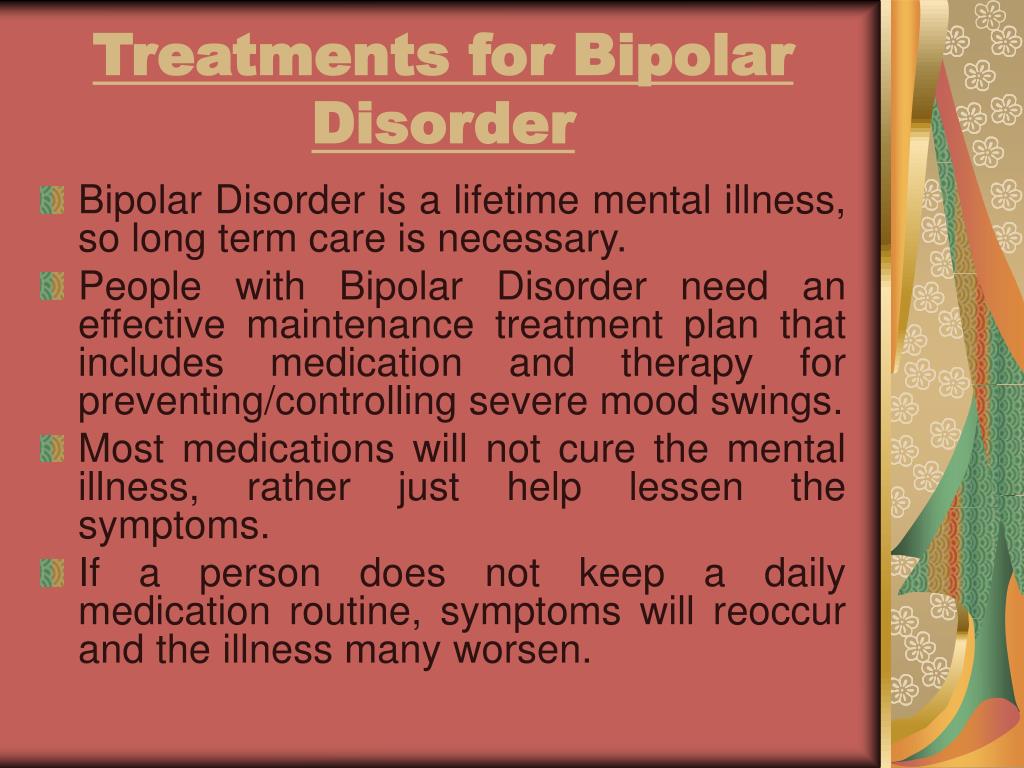 Add it to your schedule or set a reminder.
Add it to your schedule or set a reminder.
Experiment with different relaxation techniques until you find one that works for you. Here are some methods that help:
- Hiking;
- Listening to music;
- Light exercise such as dancing or cycling;
- Breathing, muscle tension and visualization. It can be deep breaths and concentration on the breath. Or tension, then relaxation of muscle groups one at a time, from the fingers to the head. Or visualizing a calm, safe, stress-free place.
- Meditation or yoga;
- Music;
- Art.
Take time to relax before or after stressful events.
Do not use alcohol or drugs to deal with stress.
Other stressors
Assess your financial management and ask yourself if this could be causing your high stress levels.
Think about how to get rid of debt. Learn how to budget: Calculate the money you need for fixed monthly expenses such as rent, utilities, transportation, and food, and try to allocate that money before the bills are billed.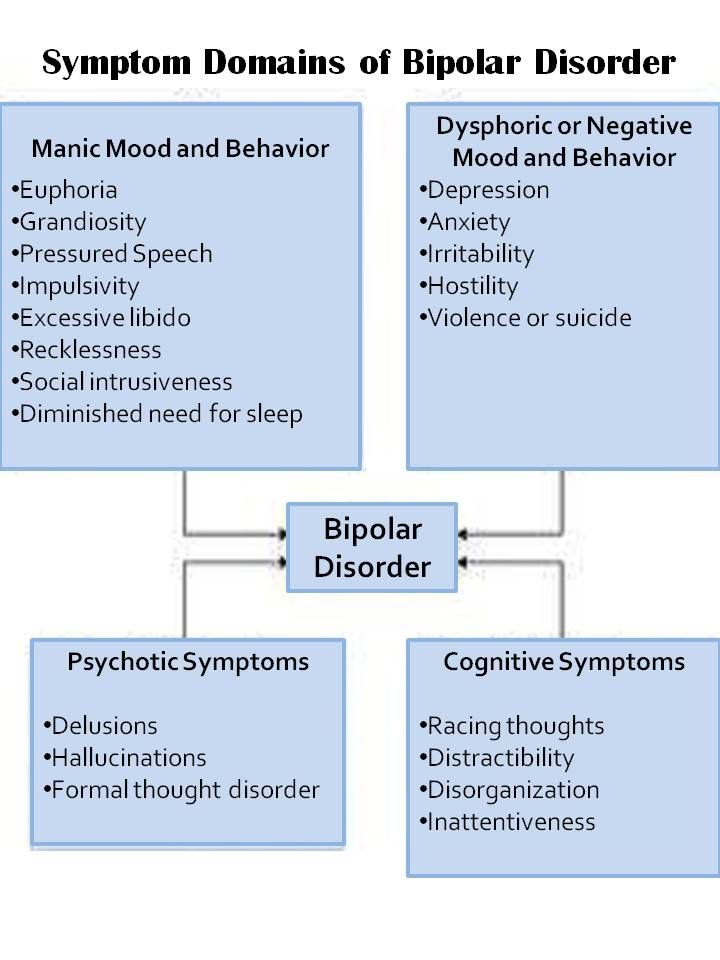
Assess your time management and ask yourself if this can contribute to stress. Take care of a personal planner or calendar. Take notes and reminders of important tasks, calls and meetings.
Make your demands on yourself realistic. Nobody can do everything. Perfection is impossible, but many people believe that they must be perfect and put themselves at risk. Work on accepting yourself for who you are and don't punish yourself for mistakes. Focus on enjoying accomplishments, even small ones, rather than feeling inadequate about things you haven't done yet. Break big tasks into small, manageable steps.
Physical health
Healthy sleep, nutrition and physical activity - these habits do not have to be difficult or uncomfortable, and they greatly affect how you feel. Many people report that even small changes, such as cutting out caffeine or starting to walk, have helped stabilize their mood. Although an affective disorder can seriously disrupt sleep, eating, or physical activity, you should try to maintain healthy habits to avoid further deterioration. Regular habits will also help you notice the onset of a manic or depressive episode more quickly.
Regular habits will also help you notice the onset of a manic or depressive episode more quickly.
Sleep
Lack of sleep or excessive sleep can make your mood worse. Whenever possible, keep a regular sleep schedule. Set an alarm and try to get up at the same time every morning, even on weekends, and go to bed around the same time every night. If you are prone to insomnia, try to avoid naps during the day as this interferes with nighttime sleep.
Come up with rituals or ways to help you gradually drift off to sleep. Try using relaxation exercises to help you fall asleep.
Avoid over-the-counter sleeping pills unless your doctor has recommended and monitors their use.
Avoid caffeine, especially at the end of the day. Check the ingredients of food and drinks. Some sodas and teas can contain as much caffeine as a cup of coffee. Large meals can also keep you awake. Light snacks, on the other hand, will help, such as warm milk or herbal tea.
Talk to your doctor about your medications, side effects, dosage, and timing.
If you wake up early in the morning and can't get back to sleep, getting out of bed and doing a quiet activity like reading is helpful.
If you need much more or less sleep than usual, you may be experiencing symptoms of depression or mania. Be aware of any changes in your sleep patterns and discuss them with your doctor.
Nutrition
Eat a variety of foods daily to get the energy, protein, vitamins, minerals and fiber you need. Include plenty of vegetables and fruits (preferably raw) and whole grains in your diet. Be mindful of omega-3s and unsaturated fats0003
Reduce your intake of fat, cholesterol, sugar and salt.
Drink at least 8 glasses (2 liters) of water a day, or more if you exercise. If you are taking certain types of medication, you may need even more water. Check with your doctor or pharmacist.
Avoid alcohol and caffeine.
Avoid serious diets that deprive you of nutrients or healthy foods. Instead of drastic diets, use a combination of regular physical activity and smaller portions at meals if you're concerned about your weight.
Be aware of changes in your appetite. Loss of appetite or overeating can be symptoms of depression. Discuss any changes with your doctor.
Do not skip meals, even if your energy and appetite are low.
If you tend to overeat, look for stressors or triggers that cause you to overeat. Discuss ways to avoid or manage these triggers with your doctor or therapist. It's helpful to write down how you feel or what happened while you binge to help identify triggers.
Keep food on hand that is healthy, quick and easy, such as fresh fruit, yogurt, whole grain bread, for times when you are in a hurry or can't cook. Plan regular shopping trips to avoid fast food or junk food.
Exercise
Choose the kind of physical activity you enjoy. You can choose several types for variety.
Focus on making the experience as enjoyable as possible. For example, if you are not comfortable exercising in the gym or outdoors, start by exercising at home. If you think you need some extra motivation or company, try exercising with a friend or family member.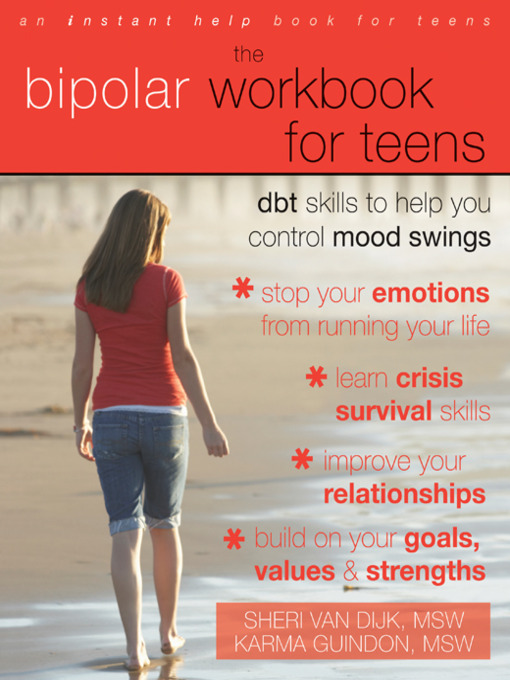
Avoid exercise that puts your health at risk. Review all medications you are taking and make sure that increased heart rate and sweating do not cause additional side effects. You may need to take special precautions when exercising, such as drinking extra water.
Start slowly, but keep up the frequency. Take breaks so you don't use up energy all at once and get frustrated with the whole idea. Don't ignore your physical limitations and don't exercise until it hurts.
A good workout routine is 30 minutes a day, 3 times a week.
Add more physical activity to your daily life. Choose the stairs instead of the elevator, get off the bus to your stop and walk an extra block, or park at the far end of the car park.
Treatment regimen
A good treatment regimen is the foundation of a healthy lifestyle. It takes time to adjust to medications and therapies, but this is your best defense against relapses. Everyone's physical and mental condition is different, so it often takes time and patience from you and your doctor to find the right strategy.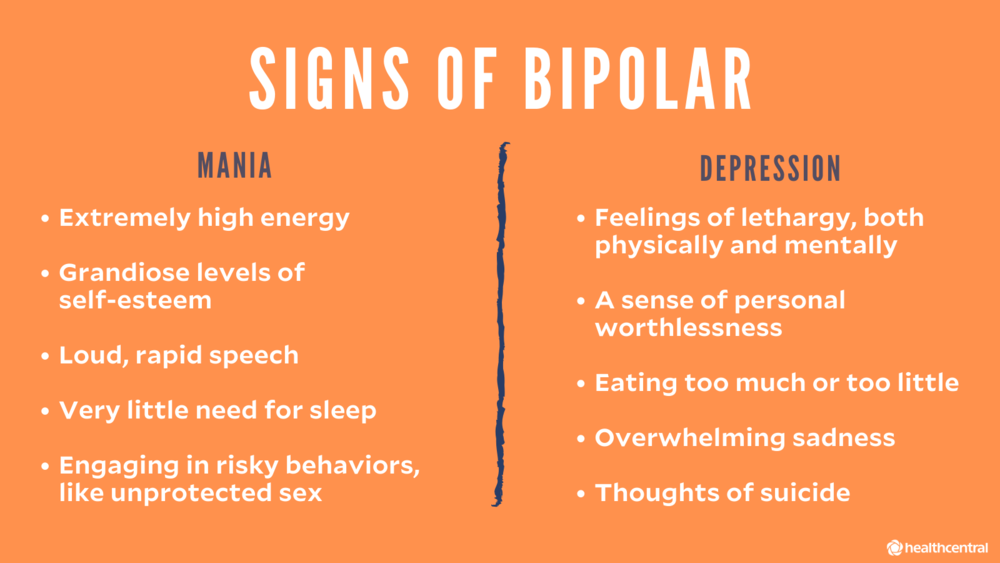 Family members can play an important role in your care. Keep them updated on your condition so they, too, are on the lookout for signs of relapse.
Family members can play an important role in your care. Keep them updated on your condition so they, too, are on the lookout for signs of relapse.
Talk to your doctor
Talk to your doctor about your medications and side effects you may be experiencing. It is helpful to write down questions that arise and bring the list to the meeting. Take notes about what the doctor says.
If you have difficulty discussing specific issues, you can bring a close friend or family member to the meeting. If you have questions after your appointment, find out if you can contact your doctor by phone or email.
If you are unhappy with your doctor or treatment plan, talk to him about it. If difficulties cannot be resolved, contact another specialist. Choose a therapist who treats you with respect, listens to you, recognizes your needs, and knows how to work with people with mood disorders.
Medication
Ask your doctor, pharmacist or support group for details of treatment.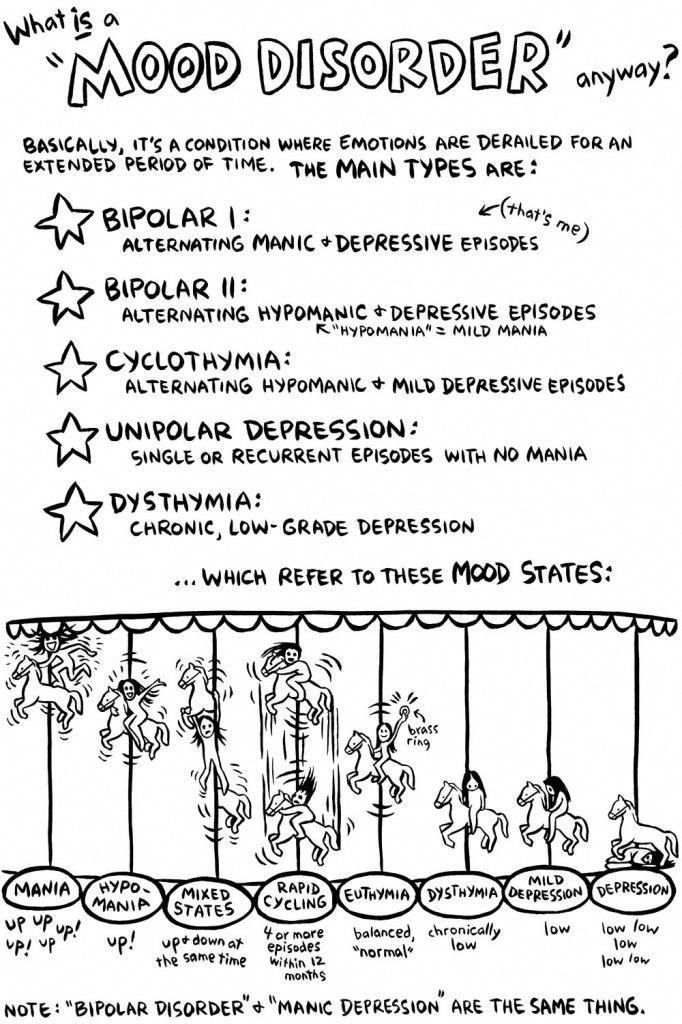 If you are in a hospital, ask your doctor for instructions on your prescribed medications. Learn what side effects to expect and what to do if they interfere with your daily activities. Talk to your doctor about ways to minimize uncomfortable side effects. You may be asked to choose a different treatment regimen.
If you are in a hospital, ask your doctor for instructions on your prescribed medications. Learn what side effects to expect and what to do if they interfere with your daily activities. Talk to your doctor about ways to minimize uncomfortable side effects. You may be asked to choose a different treatment regimen.
Never stop taking medication or change the dosage without talking to your doctor. Do not add herbal supplements or supplements to your medications without consulting your doctor.
Find out what time of day to take your medicine and do it at the same time every day. If you have memory problems, set a reminder or make a note.
Find out if there are any specific foods and activities that you need to avoid. Some medications can reach dangerously high blood levels if you are severely dehydrated or sweat. Others may interact with certain foods or alcohol, or make you more sensitive to the sun or light.
Symptom support and monitoring
Monitor your symptoms using a diary or mood calendar.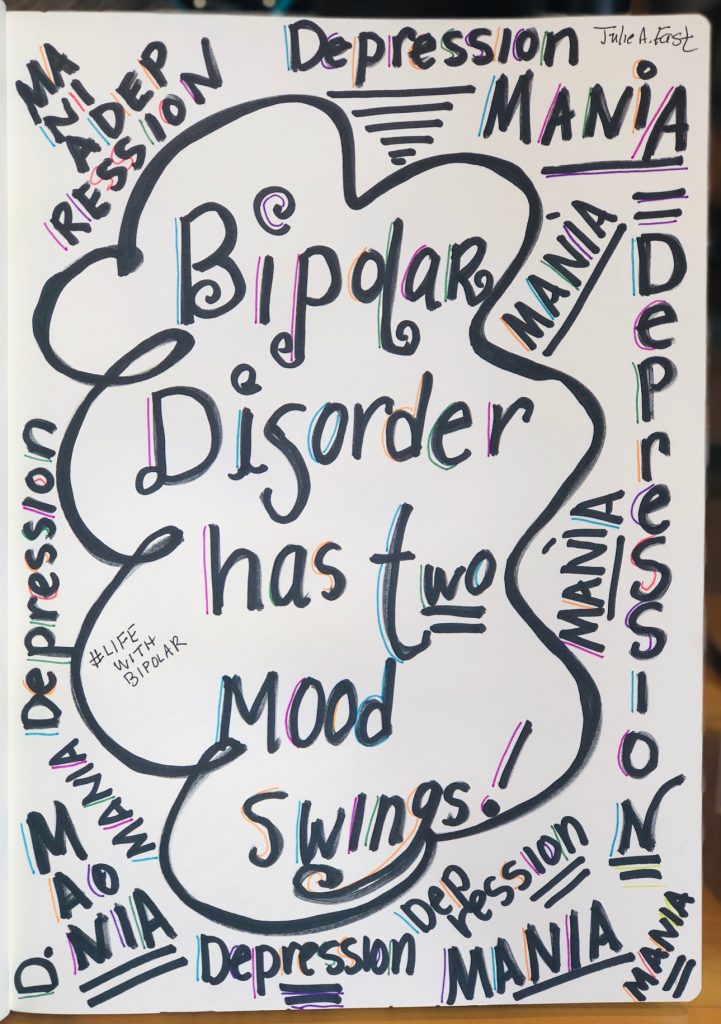 Learn to recognize patterns and combinations of symptoms that may indicate you are having a manic or depressive episode. Let your doctor and loved ones know when you feel your symptoms get worse and ask them to monitor your behavior.
Learn to recognize patterns and combinations of symptoms that may indicate you are having a manic or depressive episode. Let your doctor and loved ones know when you feel your symptoms get worse and ask them to monitor your behavior.
If you are experiencing symptoms of mania or hypomania, have a loved one monitor your credit cards, bank records, and car keys. Avoid shopping, gambling, or alcohol, and try to maintain a regular sleep schedule.
If you are experiencing symptoms of depression, try to avoid isolation by planning short, easy meetings or walks with loved ones. Adjust your work schedule so you don't get overwhelmed and do small things every day.
Ask loved ones to lock up or put away anything that you could use to hurt yourself.
Write down a plan of action to follow if your symptoms become severe and you are unable to carry on with your daily activities. Include doctors' contacts, medications, and other important information such as drug allergies.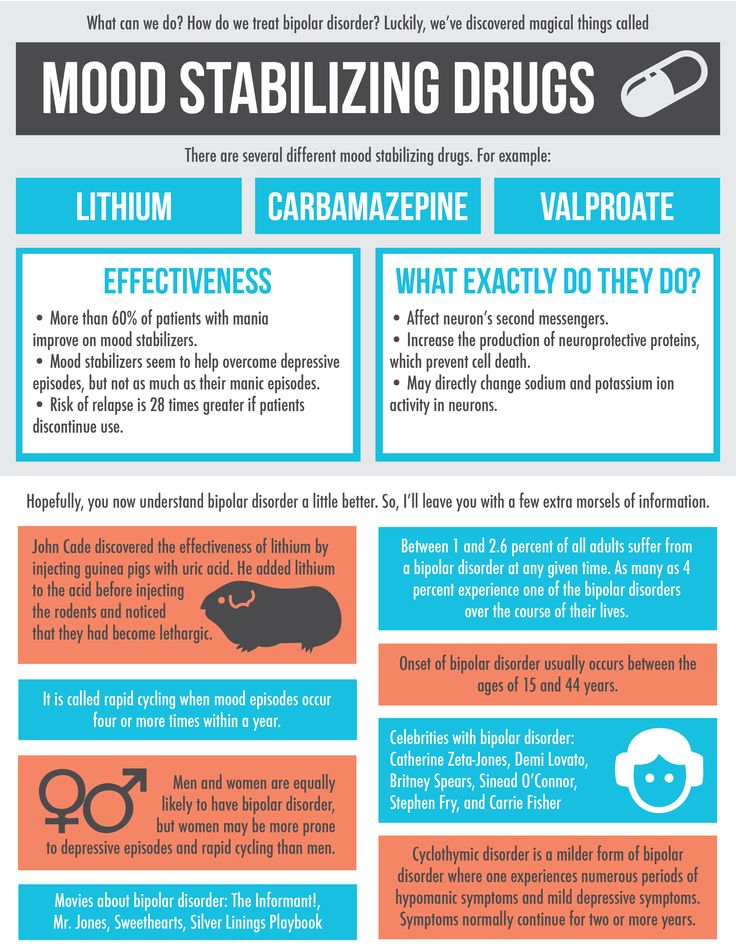 Write in advance instructions for caring for your children and pets, how to notify your employer if you need hospitalization.
Write in advance instructions for caring for your children and pets, how to notify your employer if you need hospitalization.
Make a list of symptoms that may indicate a problem:
- Destructive behavior;
- Abusive or violent behavior;
- Extreme agitation or irritability;
- Great ideas;
- Increase in compulsive behavior, spending, gambling, sexual activity, or substance abuse;
- Major changes in sleep habits, inability to get out of bed or decreased need for sleep;
- Thoughts of suicide;
If you are thinking about death or suicide, contact your doctor immediately, as well as a loved one or friend.
Relationships
Living with a mood disorder can make it difficult to maintain relationships, both friends and family. Relationship problems may arise from unpredictable or careless behavior during a manic episode, or closeness during depression, and may be aggravated by other people's misunderstanding of mood disorders.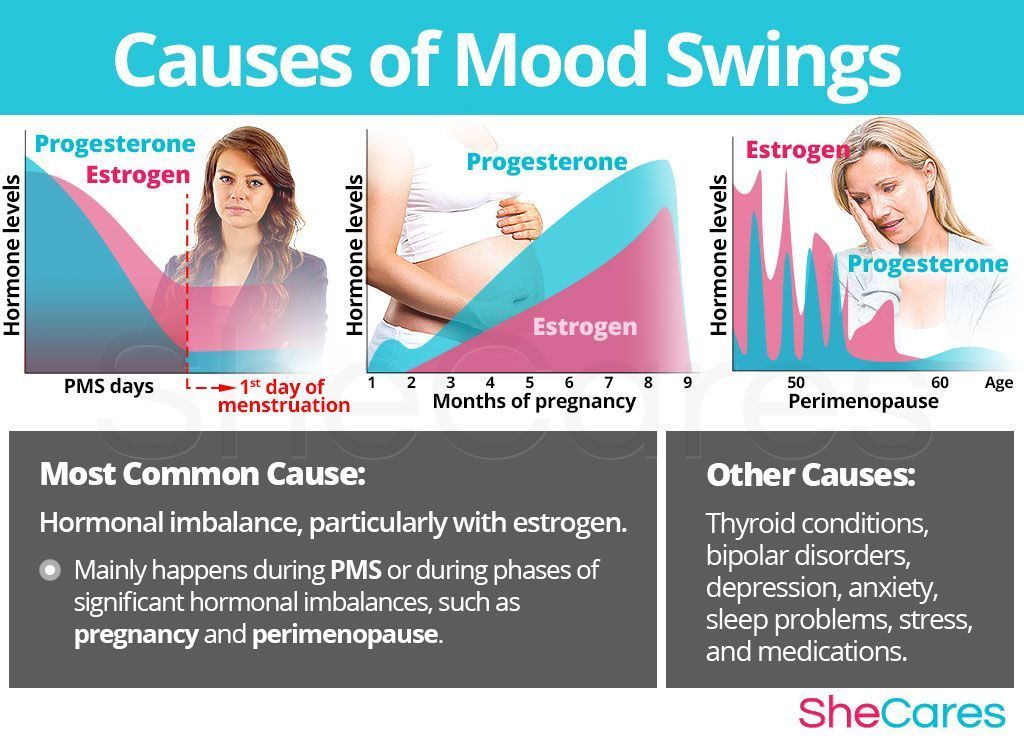 Even if you often feel lonely and isolated, you are not alone—almost everyone who has dealt with a mood disorder has been in that situation.
Even if you often feel lonely and isolated, you are not alone—almost everyone who has dealt with a mood disorder has been in that situation.
Acquaintances
Take an interest in other people's lives. Listen to what they say. Look for interests you have, shared or new.
Look for ways to socialize. You can become a volunteer, join community activities, study in courses.
Visit your support group regularly and participate in the group's social activities (at least online).
Friends
Be aware of the needs and feelings of your friends. Come to meetings, call back, and be there when they need you. They will appreciate it and will probably do the same for you.
Educate close friends about your illness and explain that it causes extreme mood swings and you can sometimes behave strangely. Be honest about your needs and limitations.
Remember or ask others to watch for inappropriate behavior on your part - for example, when you start talking or demanding all the time.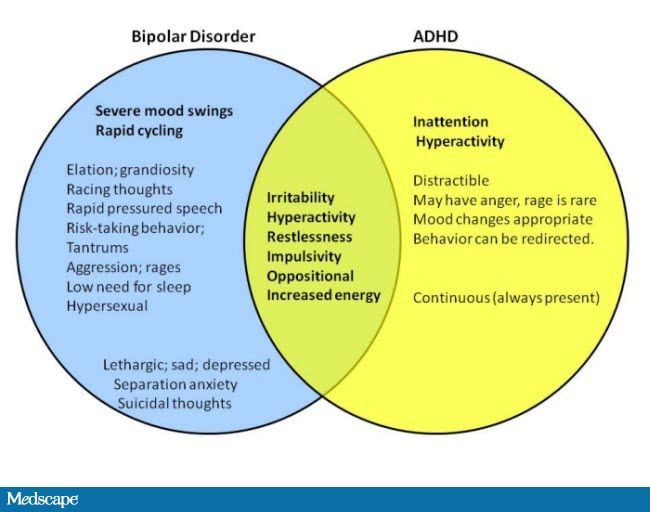 Be open to constructive criticism from friends. Instead of being defensive, try to learn the lesson.
Be open to constructive criticism from friends. Instead of being defensive, try to learn the lesson.
If you are going through a period when you need extra support, try to keep in touch with a few people. You will get more variety and not be completely dependent on one person.
When you feel better, thank everyone who supported you.
Family
Educate your family about your illness, especially if you have been recently diagnosed. Even if your family is unwilling to accept your diagnosis, you are not alone. Stigmatization leads many to have misconceptions about mental illness (for example, that it is a weakness of character, that you are lazy, or that you pretend that people with mental illness are dangerous). To correct these misconceptions, collect educational and educational materials and share them with your family.
Show that you are determined to work on your problems and show that you are following the treatment plan. Try to maintain a positive relationship and your family will reciprocate.
Encourage your family to also receive support. They can discuss their reactions to your diagnosis, symptoms, or behavior and ask questions of a qualified therapist or support group.
Let your children know that they are not to blame for your illness. Explain it to them in a way they can understand. For young children, it may be easier to say that you are not feeling well or that you are taking medication to make yourself feel better. Older children may be more concerned about how your disorder affects them than how it affects you. If they don't understand that your mood disorder is a disease, you can explain that you are going through a very difficult time, but you are getting help and still love them.
If your child has been diagnosed with a mood disorder, educate the whole family about the disorder, work to reduce stress at home, and improve your communication skills. Help your child learn relaxation and coping techniques, and take care to protect them from excessive stress at school. Find a doctor who is knowledgeable about mood disorders in children.
Find a doctor who is knowledgeable about mood disorders in children.
Consider family therapy to discuss ongoing changes and find ways to help each other.
Intimacy
Educate your partner about illness. Remind him that he is not responsible for your illness, that the cause is an imbalance of chemicals in your brain. Give your partner specific ways they can help you: be understanding when you can't do normal things; help with housework or childcare; hug you and say words of support. When you feel irritated, emphasize that it is not because of your partner, but because of your illness.
Set aside some time just to be alone with each other: this can be a walk together, a meal or just a quiet pastime.
You can go to couples therapy to express negative feelings and fears in a safe way. Your partner can offer another perspective to your therapist and help you use your therapist's suggestions in your daily life.
Be open with your partner about any sexual side effects from your medications.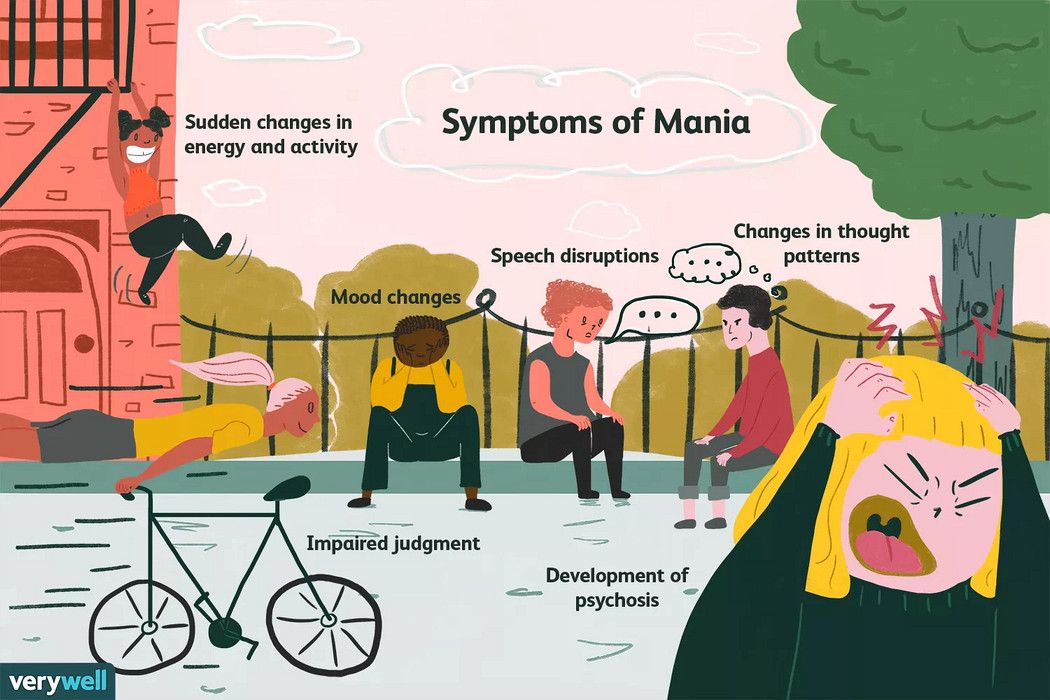 If you are experiencing sexual dysfunction, work on non-sexual intimacy such as touching and cuddling.
If you are experiencing sexual dysfunction, work on non-sexual intimacy such as touching and cuddling.
Be open with your doctor about any sexual side effects from your medications. Be aware of changes in your sex drive and discuss them with your doctor to determine if they are side effects or symptoms of your illness. If you are not comfortable talking about sexual problems, it may be helpful to use methods such as writing down your problems ahead of time.
Work
Mood disorders have a major impact on various aspects of work. Sometimes you may need to reduce work hours or stop working entirely to manage depressive or manic symptoms. In other cases, work is not a problem, but there may be questions about how open you are about your illness.
It is important that the work environment is comfortable and not too stressful so that it does not aggravate your symptoms. If you are unemployed, it is important to do some systematic work to keep active. For example, volunteering will help you keep in touch with other people and give you a sense of fulfillment.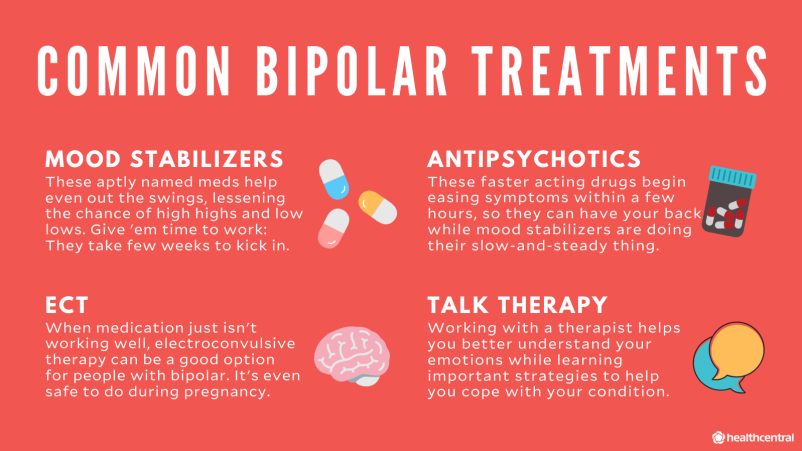
Job Search
Develop a job search plan. Describe the steps you can take to accomplish this task: viewing ads, submitting resumes, calling, meeting people in your field, or learning new skills.
Don't let past failures keep you from achieving new goals. Even if you don't get the position you dreamed of, you can still do interesting and rewarding work.
Be aware of what can help or hinder your work
Always keep your special needs in mind. For example, if you experience stress in a large team, is it easier for you to work on your own, or do you need guidance. Are you attracted to a simple job that allows you to relax, or do you find satisfaction in solving difficult problems? When are you most active, morning or evening?
Assess your skills
Ask yourself what you are good at and what you enjoy. Make a list of knowledge and skills you could use.
View job openings and list required qualifications.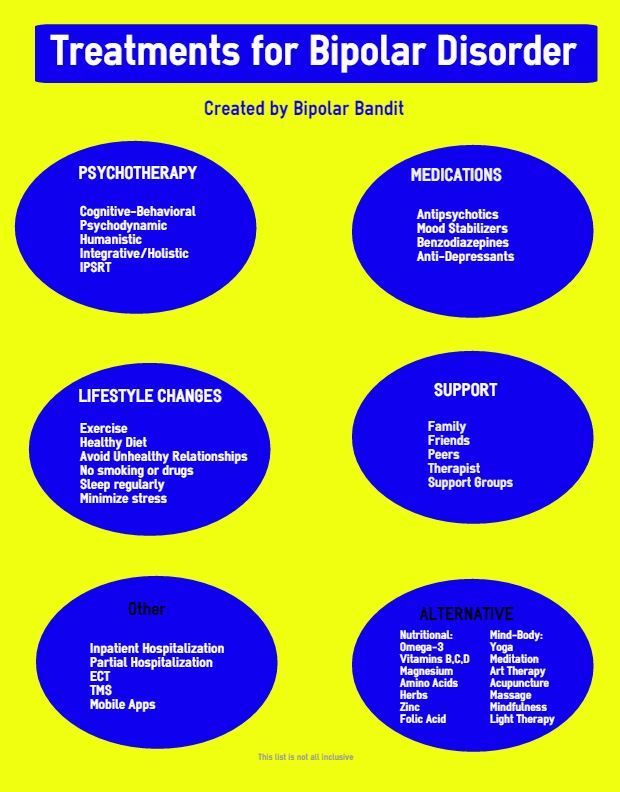 Think about how you can get the missing skills, what experience or training will help you?
Think about how you can get the missing skills, what experience or training will help you?
Keeping busy
Try to work hard, no matter how you feel about work. Do not be discouraged if your work is far from ideal. Work on improving the skills you use. Your job doesn't have to be permanent.
Take breaks during the day and conserve energy. Working part-time is better than working overtime and exhausting yourself right away.
Be alert for symptoms of exacerbation of mania or depression. If you are concerned that they may significantly interfere with your work or put you at risk, take a day off and arrange to see a doctor as soon as possible.
Talking to an employer
You decide whether to talk about your illness at work. You may not tell anyone. You are not required to report your disorder to your employer or co-workers, just as you are not required to report diabetes or stomach ulcers.
However, if you want to negotiate a special work schedule - part-time, break, later arrival - it's best to be honest with the employer. Make an appointment in person and tell them that you have a mood disorder, but you are being treated and it is under control. You can also ask your doctor or therapist to write a letter about your condition.
Make an appointment in person and tell them that you have a mood disorder, but you are being treated and it is under control. You can also ask your doctor or therapist to write a letter about your condition.
Healthy lifestyle
If you pay due attention to various aspects of a healthy life - stress management, physical activity, medical treatment, healthy relationships, daily work or volunteer activities - improvements in your mental and physical condition will not be long in coming. There is no one right way to do this, the most beneficial way of life is the one that works best for you.
Checklist
1. I know what annoys me the most. This is:
2. I have someone to talk to or write about if I'm under a lot of stress.
3. I have ways to relax. They are:
4. I eat a variety of foods and get the nutrients I need.
5. I have not experienced any major changes in my appetite lately.
6. I exercise ___ once a week.
7.